How to Use the Blackjack House Edge In Your Favour
KingCasinoBonus receives money from casino operators every time someone clicks on our links, influencing product placement. The compensation we receive does not impact our recommendation, advice, reviews and analysis in any way. Our content will always remain objective, independent, straightforward, and free from bias.
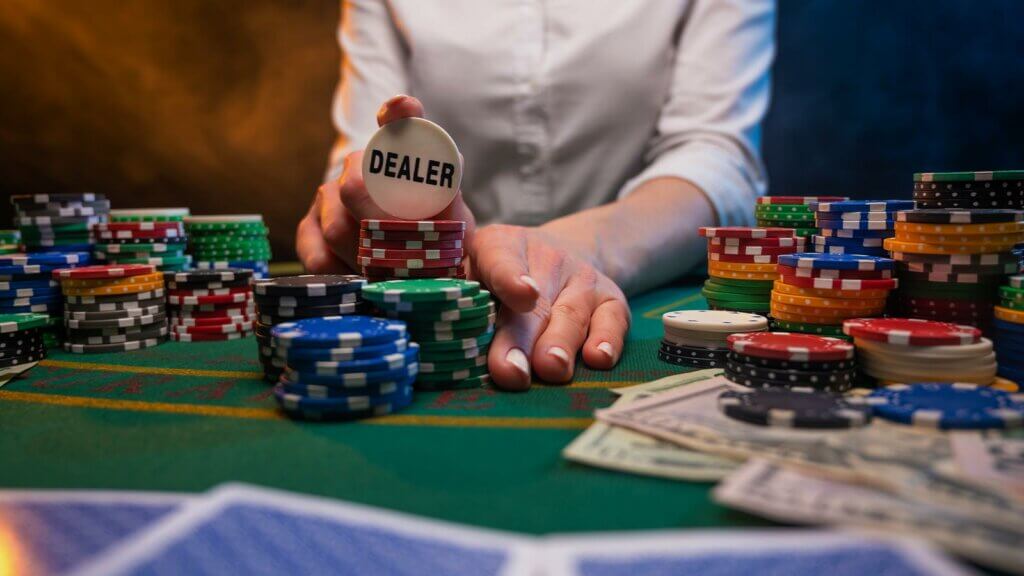
The house edge offers casinos a built-in advantage in securing earnings throughout lengthy play. However, clever blackjack players can further push the odds back towards parity.
This tutorial delves into tried and tested strategies for reducing, if not eliminating, dealers’ statistical advantage on each round, allowing you to lower their house edge percentage.
On this page
Understanding the Concept of House Edge
The house edge of a specific title represents the advantage a gambling website or land-based casino has over a player’s total bets over time, whether successful or not.
Hence, the house edge equals the sum of funds a casino registers after every real cash bet a player makes.
When playing at land-based or top online casinos, know each game has a built-in house edge. Before playing, you should always be aware of the house advantage because it affects your budget over time.
Real Demonstration:
To illustrate this through a hypothetical example of a sum that goes to bets, let’s say you bet £100 on a casino game whose house edge is 5%. In that case, 5% (or £5) of your £100 will always go to the casino for profits.
For Example
- First, consider that the game you want to play is European Roulette, with 37 different pockets.
- Applying the Black and Red Roulette strategy will give you a chance to succeed in 18 spins out of the 37 possible variants.
- Then, your chance of having a successful round is 48.65%. However, this means you will lose the remaining 19 spins or 51.35% of the time.
- Therefore, the house advantage is the difference between the two percentages – 2.70%.
- Know that the house edge can be modified but will never reach zero.
If you want to know how to calculate the house advantage for a casino game, here is the example we’ve created.
Be aware that all the examples in our text are hypothetical and aim to make you understand the mechanics of House Edge and how it relates to real money online Blackjack.
You can encounter similar situations, but a unique situation usually arises, and it would be best if you gain theoretical knowledge before you start to practice.
Blackjack House Edge Review
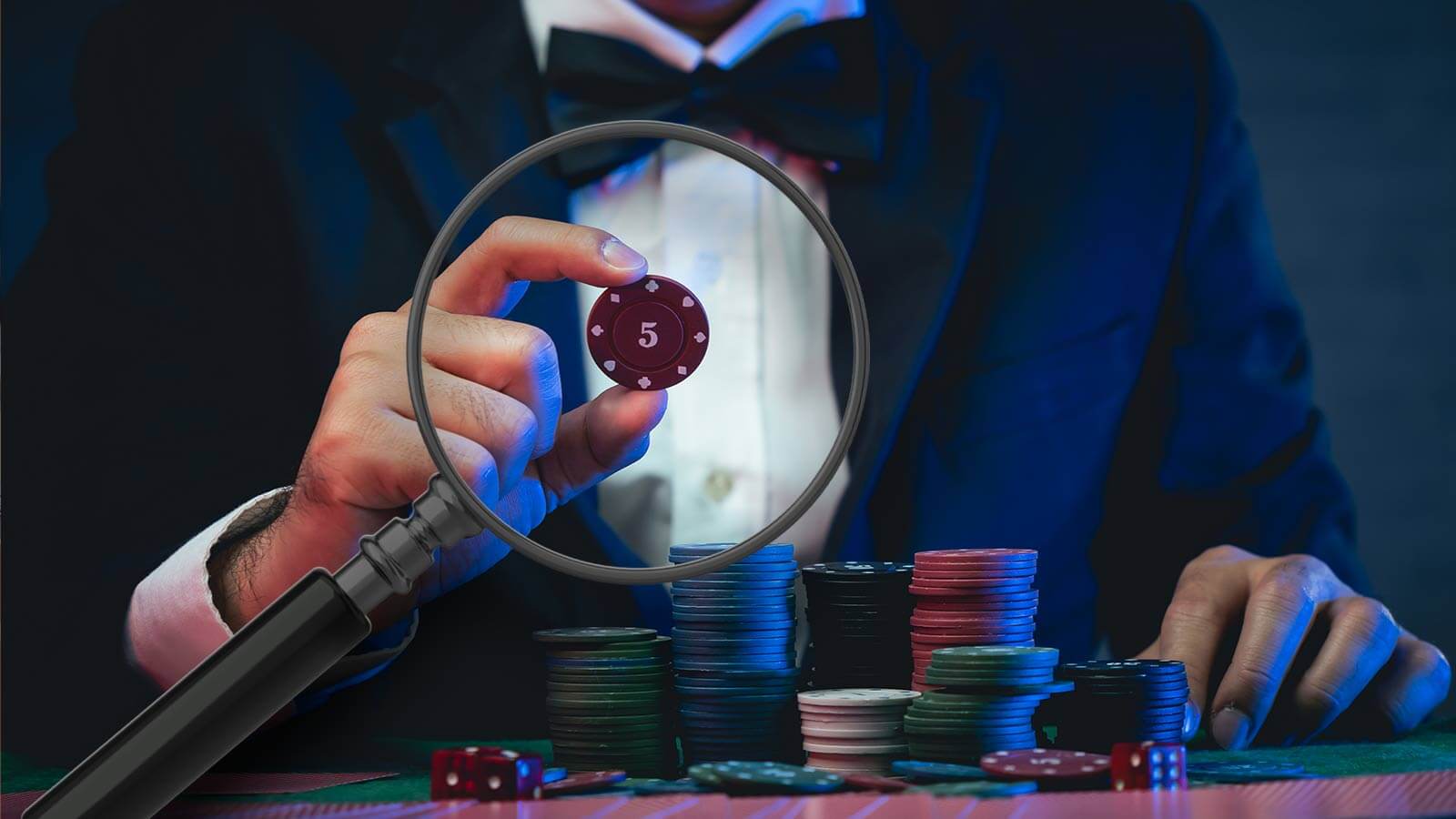
Since this title has a low house edge, it is one of the most popular gambling games.
The classic Blackjack game has a house advantage of less than 1 per cent.
Remember that six decks of cards are used in the typical Blackjack game you may find in casinos. In this case, the house edge is 0.551%.
When playing multi-deck Blackjack with less than 8 packs, the house edge lowers more than that!
Multi-deck Blackjack House Edge Deep-dive
- For four decks of cards, the house edge is 0.499%;
- For two decks of cards, the house edge lands at 0.341%;
- With a single pack of cards, Blackjack has a house advantage of only 0.014%;
- An eight multi-deck blackjack increases the house advantage to 0.577%.
You Can Use These Strategies to Enhance Your Play Methods
Beating the dealer is difficult without specific blackjack bankroll strategies or the ability to guess the future.
However, the following actions within the Blackjack game are more accessible to learn and apply than you might think.
Land Based Casinos
- Everything presented in this article is legal in land-based UK casinos, London casinos, and online sites.
- Actions like counting cards are legal but seen as cheating in most casinos, so we don’t advise you to do that as it may get you banned. This is why we don’t include this practice in our guide!
How to Lower the House Edge
- Split bet
- Double down
- Avoid the multi-deck Blackjack game
There are several ways to lower the house advantage in Blackjack.
However, you must also know when these moves are acceptable within the game.
You can technically split every hand that has a double, but should you? What is the threshold value above which you should never split your cards?
Blackjack Split
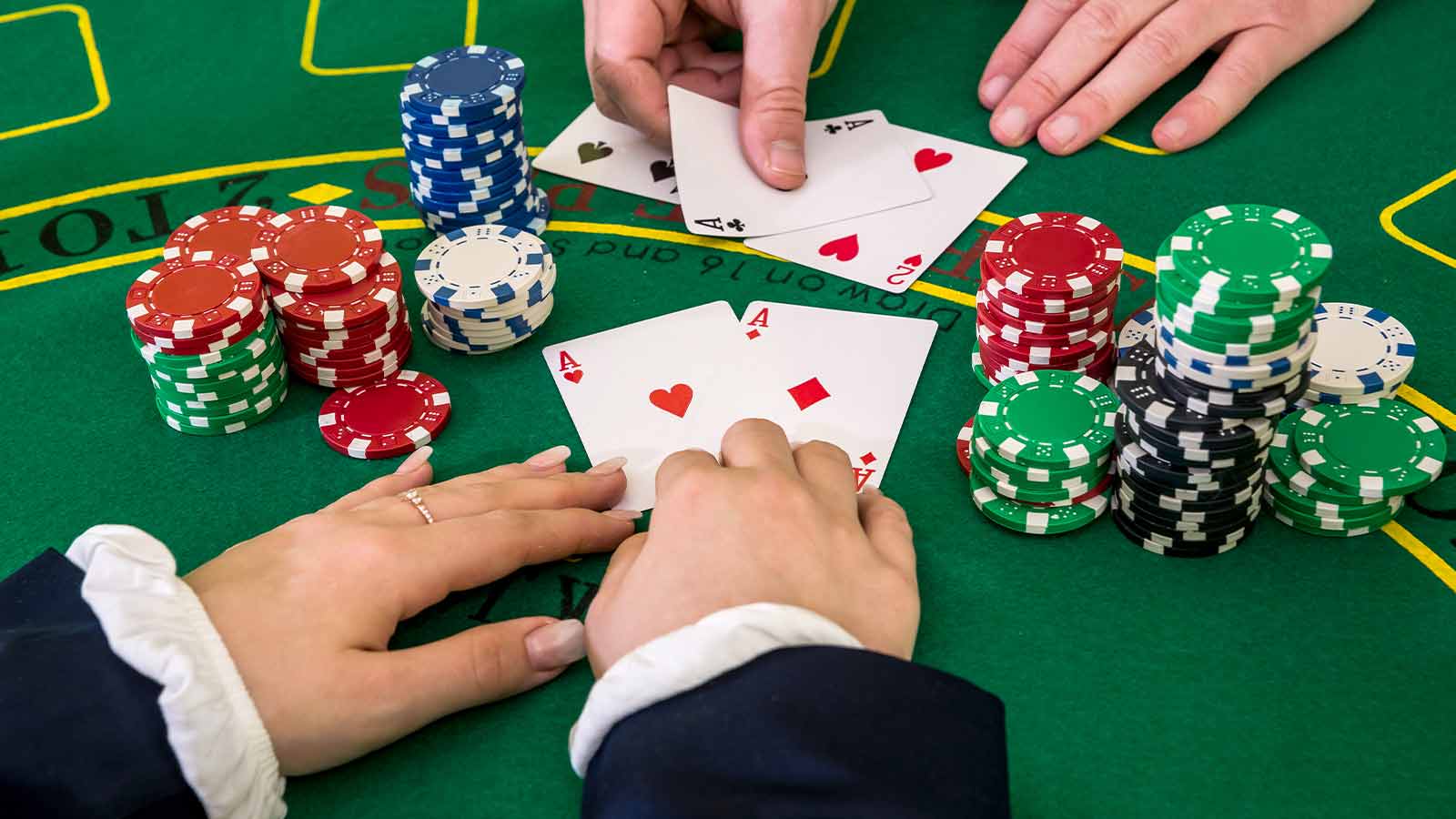
In this type of bet, you can only split a hand if the cards’ numbers are the same.
Remember, you must be observant and not despair if you get two fives. Instead, use Blackjack split and have another card dealt on each of the split cards.
This will help you increase your chances of beating the dealer. After splitting, you are playing two hands at the Blackjack table. You must also match your initial bet on the other split hand.
But when should you split, and when should you wait for the outcome?
When to Split Cards
Basic strategy generally dictates splitting pairs of eights or lower as the newly formed hands have good odds of beating the dealer. For instance, splitting eights allows 19 as a maximum if paired with an ace, giving you a solid competitive edge.
On the other hand, never split nines and tens, as two nines already reach a highly competitive 18, while two tens hit an optimal 20. Though splitting nines could produce a 20 and ace in rare cases, this advanced move with high risk should be left to seasoned blackjack experts intimately familiar with probabilities.
Adhering to guidelines of splitting lower pairs while avoiding breaking up strong starting hands of 9-10 optimizes your chances as an advantage player.
Blackjack Double Down
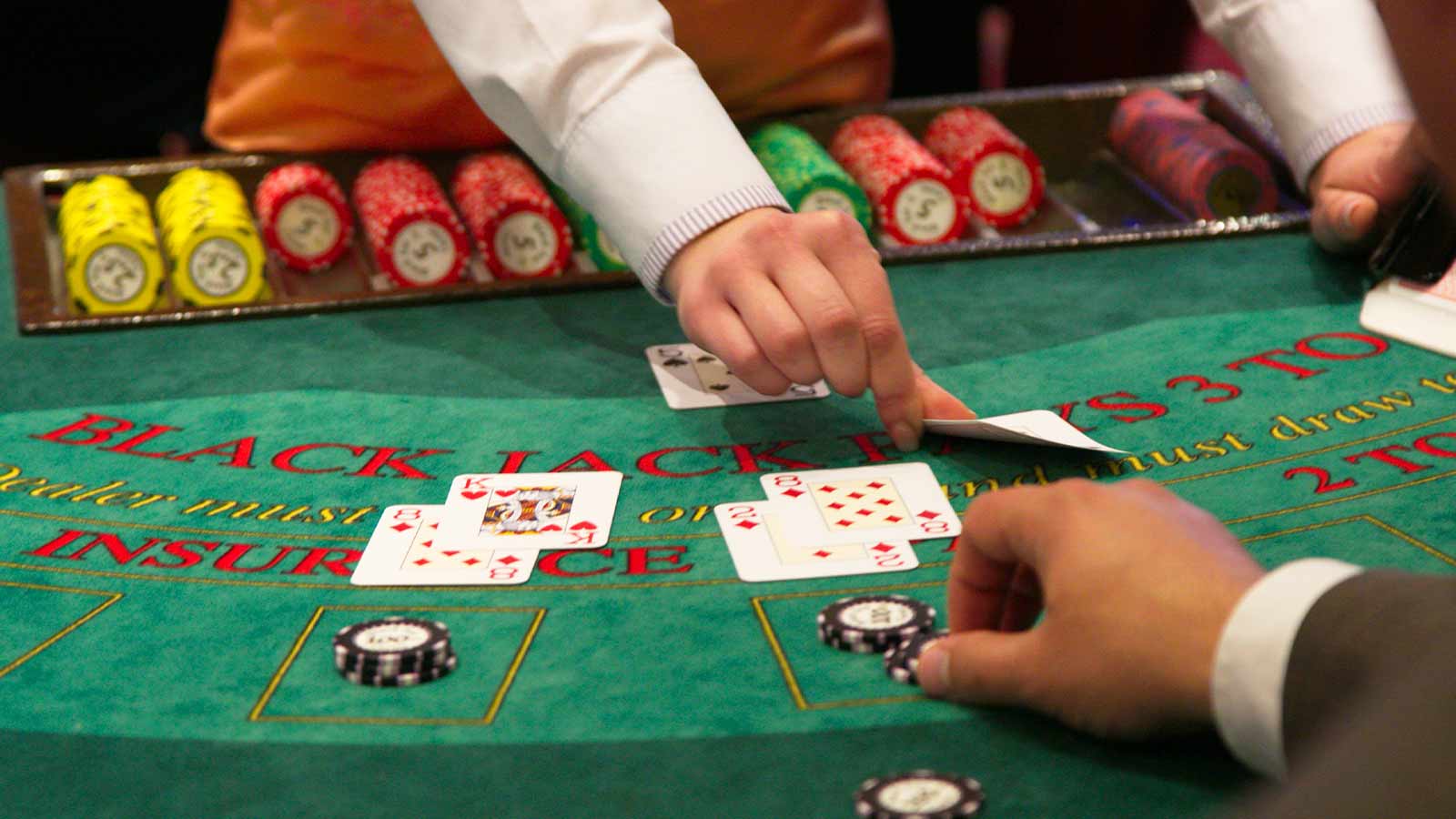
Blackjack Double Down is an action that allows you to double a wager while playing a hand in exchange for one extra card.
You can raise your potential payouts by doubling your bet after splitting, but it’s an advanced tactic with added risk. If you split aces, remember you only get one card for each new hand rather than the usual two.
Also, hitting 21 on a split ace pair is not an instant natural blackjack win. Before diving into fancy moves, get doubling down basics locked in – like increasing your original bet when the visible cards give you an advantage over the dealer’s hand.
Only gamble on double-downs if you hold a statistical edge or sniff a weak dealer hole card. Mastering this core strategy secures results ahead of trying trickier manoeuvres.
Single Deck Blackjack
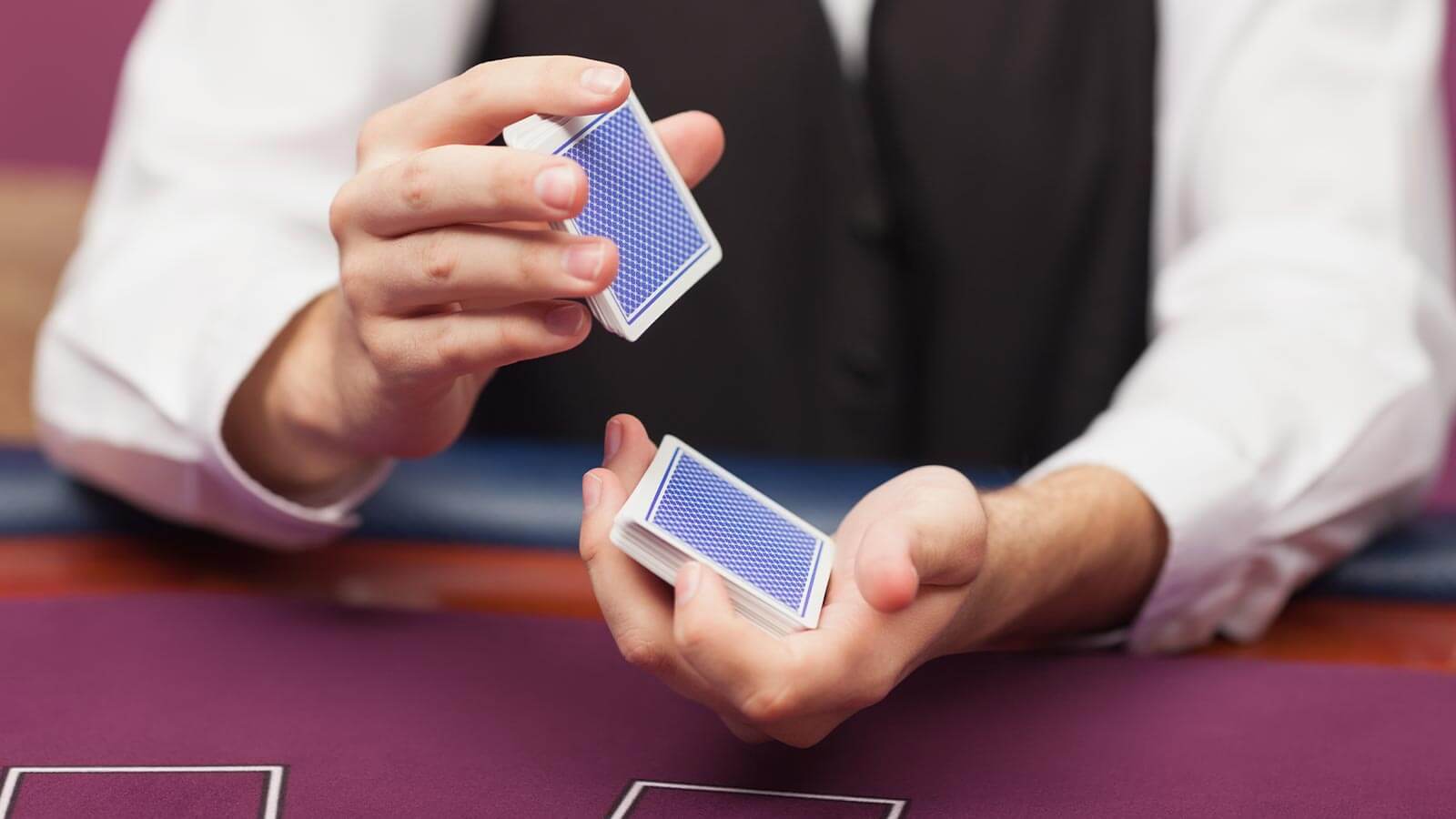
Even without formal card counting, single-deck blackjack’s limited options make tracking card ratios easier intuitively, resulting in more informed decision-making. Players with better intuition about remaining values can predict whether to split or double down more accurately.
However, the shortened 52-card deck also affects probability around moves like insurance, which increases its house edge to 5.9% due to fewer favourable 10s in circulation. While single deck encourages card memory, multi-deck blackjack conversely gives greater versatility for current varieties like Free Bet Blackjack structured around additional card packs.
Ultimately, single decks appeal to purists looking for basic gaming dynamics that reward card memory and tracking. However, individuals who value flexibility in modern blackjack offshoots may favour multi-deck shoes, which better support format innovation.
Newer variations like Free Bet Blackjack work best with more than a few packs of cards.
Don’t Take Insurance
What is Blackjack insurance?
Simply put, it is a wager a player can take on the side. This bet is offered when the dealer’s upward-facing card is an Ace.
Insurance is a protection bet against the dealer’s supposed natural 21, or Blackjack.
The odds of insurance payout are at 2/1. However, the top value you can attribute to your wager is half of your bet.
Why Shouldn’t You Take It?
First, the insurance bet technically means you’re betting on the dealer having a natural 21. If you are right, you are paid on 2/1, as mentioned above.
In this situation, your main bet is no longer available
To put it briefly, the insurance bet is only worth taking if you’re convinced that the dealer’s total card value will amount to 21.
Even so, you are more likely to lose this way in the long run, so most casino experts will advise you to stay away from it.
Play Blackjack Online
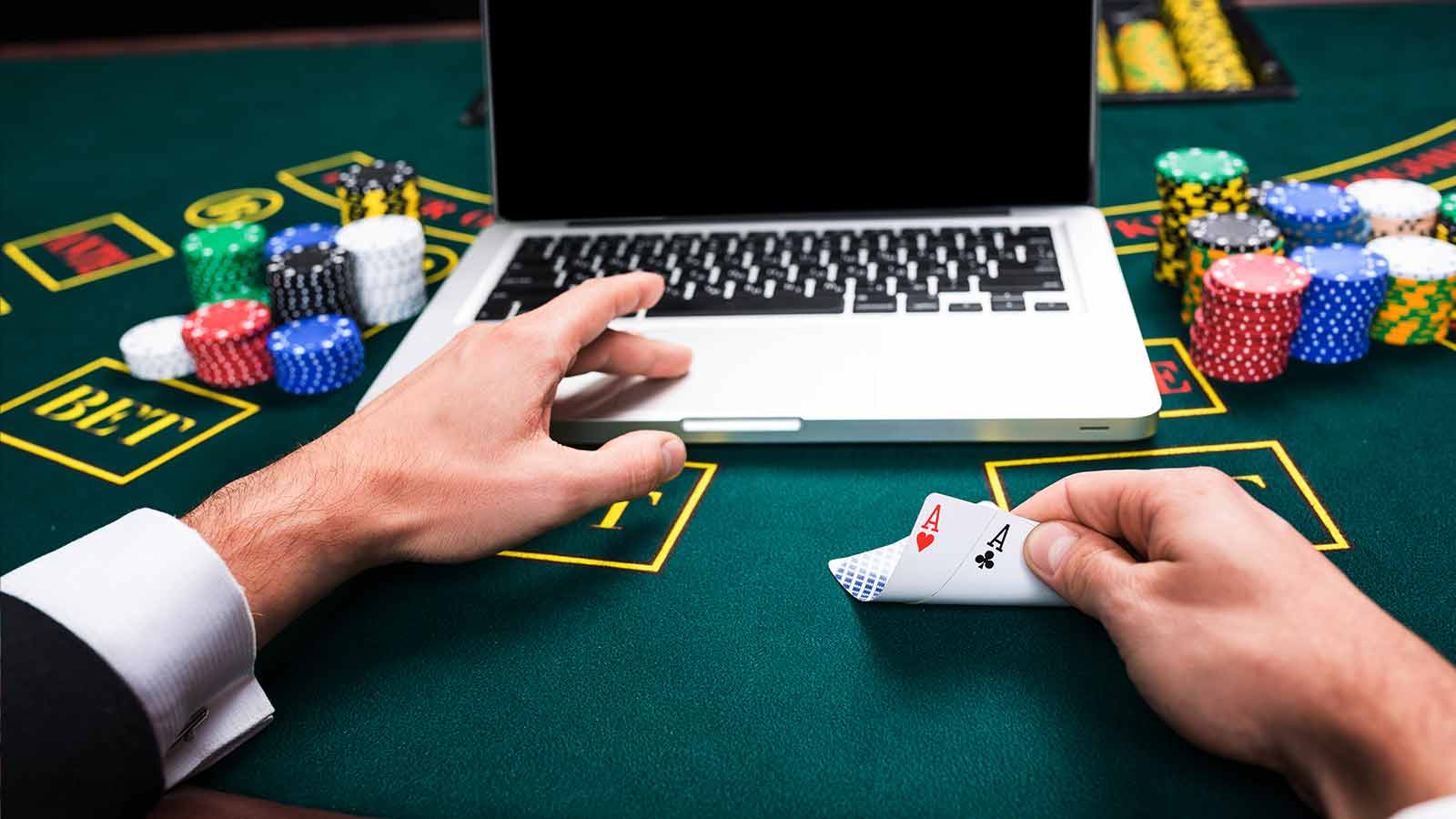
Your chances of finding diverse games with a lower house edge improve when you play at online casinos.
Maintaining an online gambling venue doesn’t compare to the high utility costs and employee salaries that land-based casinos must pay monthly.
This means virtual casinos can afford to lower the house edge for certain games if more players engage with them. This is also one of the reasons why online casinos are more likely to offer promotions like welcome bonuses, no-deposit bonuses, and other casino offers.
Calculating the Expected Loss
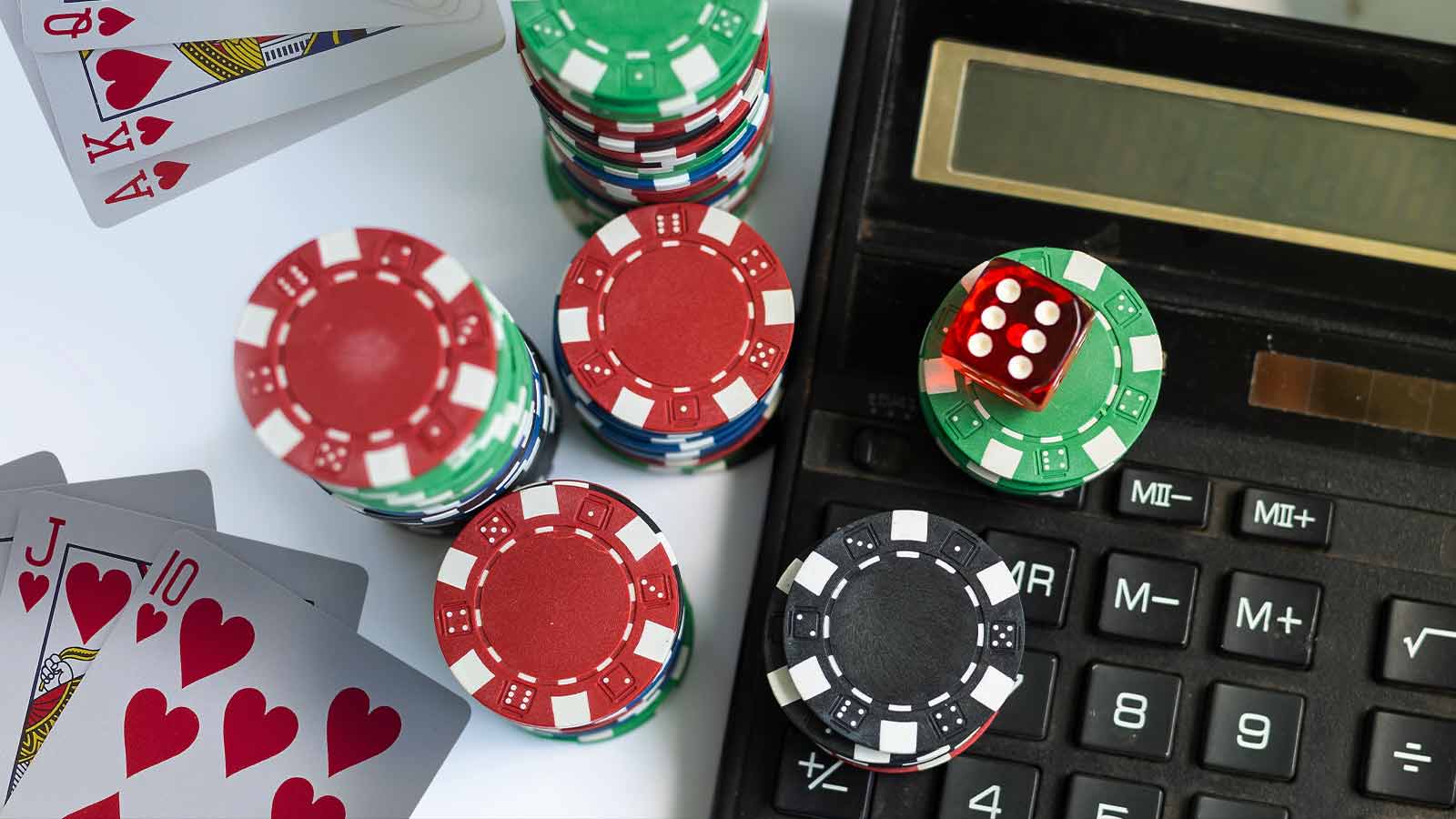
Another important thing when playing at a casino is calculating the expected loss.
This represents an equation that will help you understand the risks of betting for a more extended period.
In addition, it can help you measure exactly how much profit you get after playing certain casino games for longer.
There Are Two Ways to Calculate Your Casino Losses – Hourly or Per Session:
- The presumed hourly loss multiplies the house edge by the number of hourly bets by the average wager. (house edge x No. of hourly bets x average wager)
- We add the hours spent in the session to the above calculation to calculate the expected loss per session. (house edge x No. of bets per hour x average wager x No. of hours in the session)
Remember, casinos use the house edge to add an edge to their odds of having a successful round against experienced gamblers who know how to juggle strategies. You should calculate your odds and losses to maximize your performance.
FAQs
What is the Blackjack House Edge formula?
Blackjack variants can have the House Edge applied from 0.1% to a maximum of 2%, depending on the game version. That percentage will be deducted from the overall wins accumulated in time.
Can you beat the Blackjack House Edge?
No, that is imposed by the casino and cannot be removed entirely. You can reduce it by choosing game versions with smaller percentages.
Does multi-deck Blackjack have a better House Edge?
Yes. Generally, the House Edge in Blackjack decreases progressively as multiple decks are added to the game.
What is the percentage applied as House Edge on free bet Blackjack?
Usually, on free bet Blackjack, the mean percentage is 0.5%. Remember that the casino can change this ratio at their discretion.
Is it true that Blackjack has the lowest house edge?
Yes, out of the card games in casinos, Blackjack has the lower rate overall.